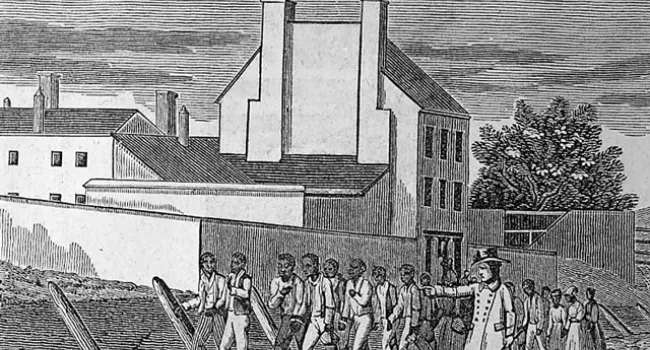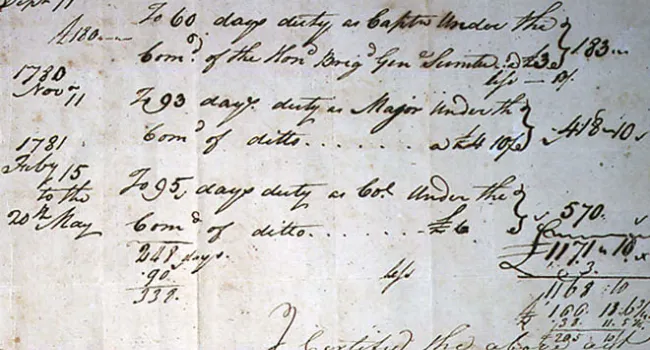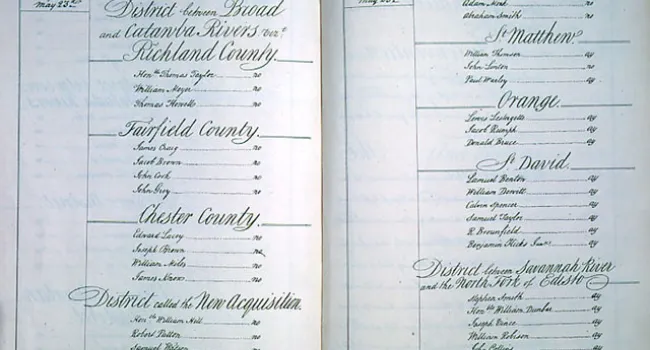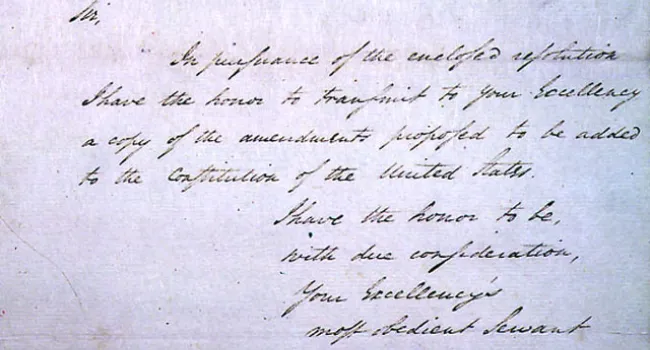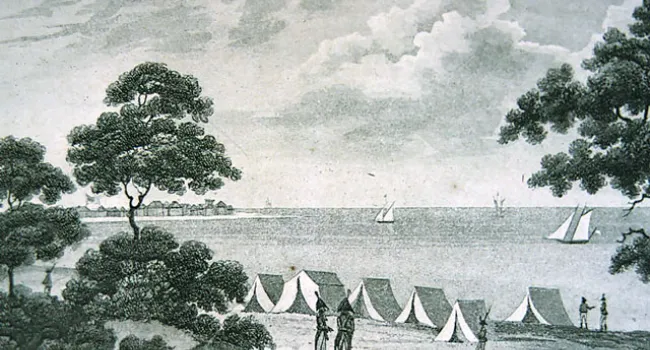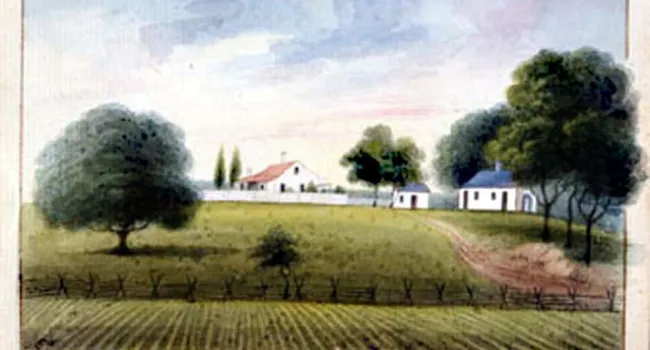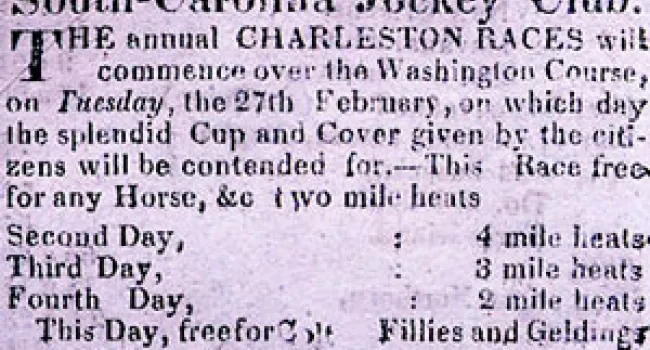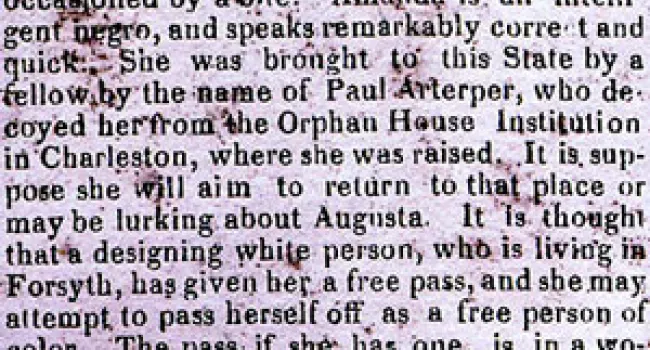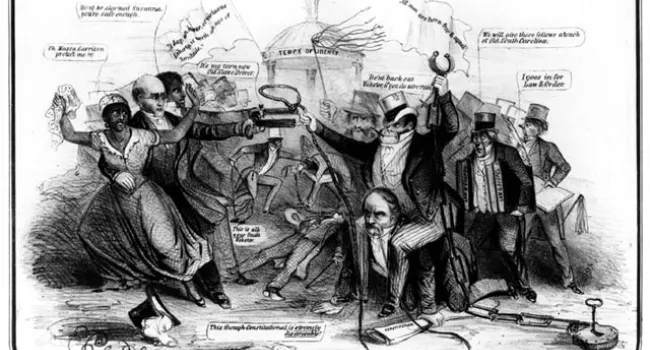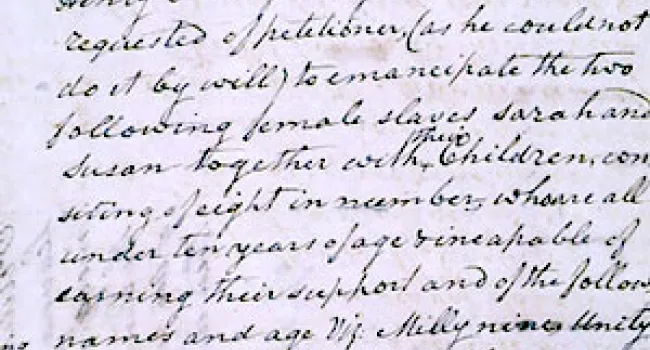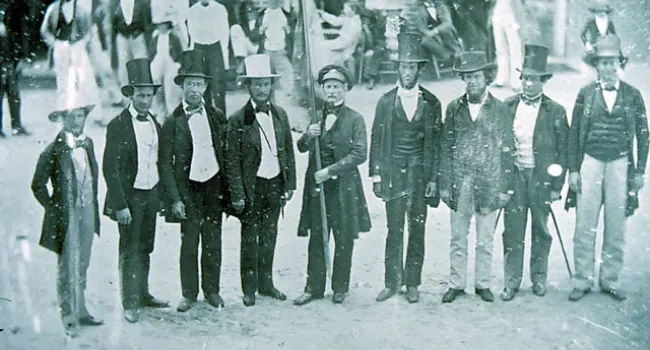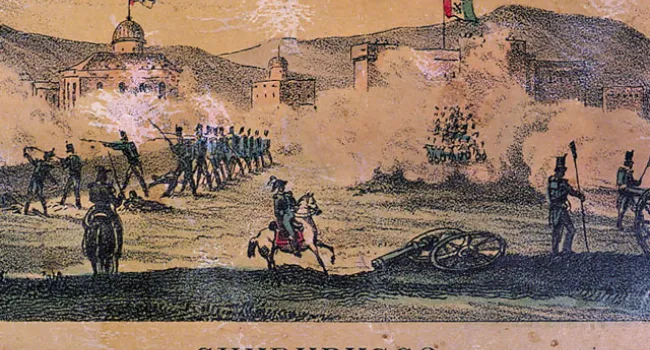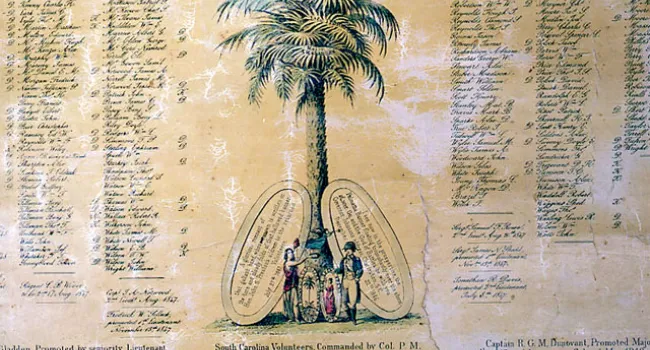
The front page of the short-lived "Union and States' Rights Gazette" illustrates the complexity of South Carolina politics even though many outsiders thought the state unified behind opposition to the tariff and in support of Nullification and disunion. The editor speaks out against the nullifiers in a strong pro-Union argument in the October 18, 1831, issue, arguing that the rights of the states were protected best in the shelter of the union.
Courtesy of the South Caroliniana Library.
Standards
- This indicator was developed to encourage inquiry into how land acquisition and the resulting border changes of the U.S. impacted the people of the western territories prior to Westward Expansion.
- This indicator was designed to encourage inquiry into the continuities and changes of the experiences of marginalized groups such as African Americans, Native Americans and women, as the U.S. expanded westward and grappled with the development of new states.
- This indicator was developed to encourage inquiry into the causes of American expansion, such as a growing and diversifying population and the expansion of the plantation economy. This indicator promotes inquiry into the relationship between sectionalism and political compromise, culminating in the Civil War.

